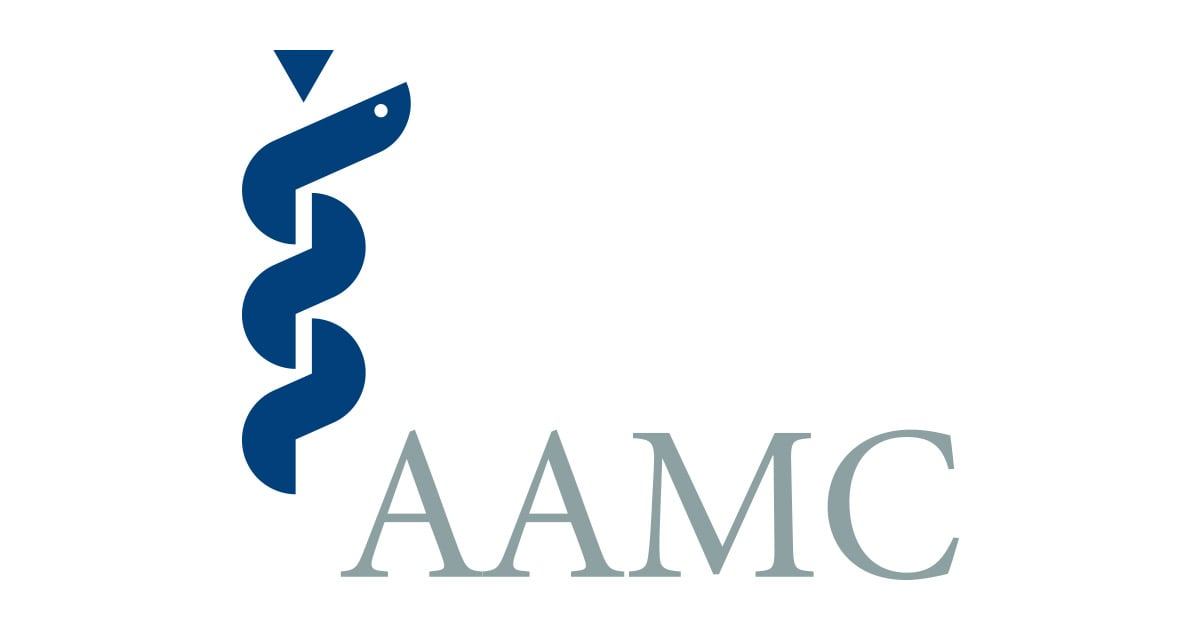- Joined
- Mar 10, 2012
- Messages
- 662
- Reaction score
- 1,044
Seeing as several medical specialties are starting to be at risk for saturation, I’ve been trying to look at the data to see if there’s anything that could have predicted that outcome in Rad Onc. Looking at the amount of physicians from 2012-2017, the number of Rad Onc physicians did increase substantially but much less so than several other specialties that are still doing fine. In fact, the increase (9.7%) is about in line with the average for all physicians. This same trend is also true for data going back to 2000. So what caused the sudden decline in available jobs? Is it the nature of the work that predisposes it to being more saturated than others such as EM (which is increasing by 17% same time period) or Vascular Surgery (18% increase same time period)

 www.aamc.org
www.aamc.org

Percentage Change in the Number of Active Physicians by Specialty, 2012-17
Percentage Change in the Number of Active Physicians by Specialty, 2012-17
